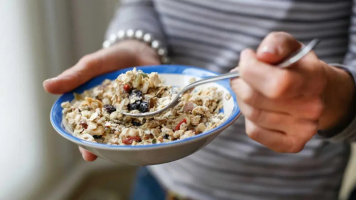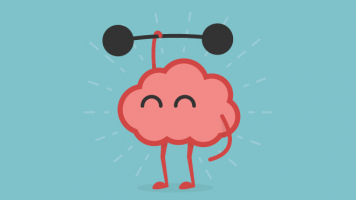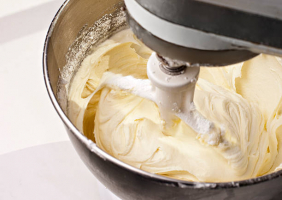Top 8 Best Ways to Improve Your Digestion Naturally
Everybody occasionally has digestive problems like upset stomach, gas, indigestion, nausea, constipation, or diarrhea. However, if you have these symptoms ... read more...repeatedly, your life may be seriously affected. Fortunately, making dietary and lifestyle adjustments can improve the condition of your gut. Here are some natural ways to enhance your digestion that are backed by research.
-
An increased risk of having digestive issues has been linked to the normal Western diet, which is high in refined carbohydrates, saturated fat, and dietary additives. It has been hypothesized that food additives, such as salt, glucose, and other chemicals, can promote gut inflammation and cause a disease known as leaky gut. Many foods that have been processed include trans fats. They have a notoriety for harming heart health, but they've also been linked to a higher risk of ulcerative colitis, an inflammatory bowel disease.
Additionally, artificial sweeteners, which may cause stomach issues, are frequently included in processed meals like low-calorie drinks and ice cream. Artificial sweeteners may increase the amount of dangerous intestinal bacteria in your body, according to studies. Irritable bowel syndrome (IBS) and irritable bowel diseases including ulcerative colitis and Crohn's disease have both been linked to imbalances in the gut bacteria. Fortunately, research suggests that nutrient-rich diets protect against digestive disorders. As a result, eating a diet high in whole foods and avoiding processed foods may be the key to achieving optimal digestion.

Eat Real Food 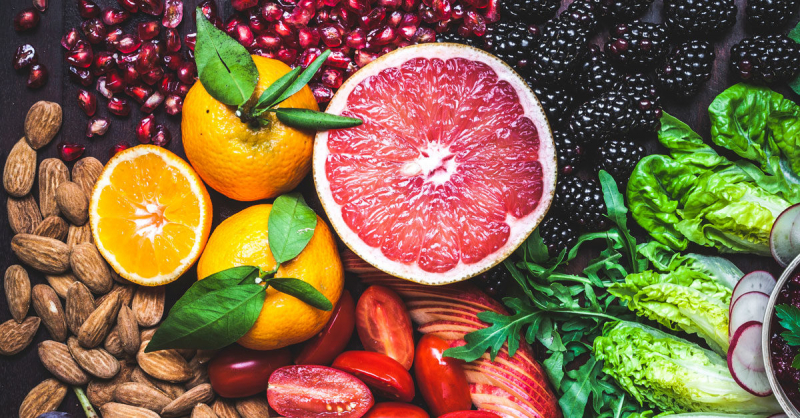
Eat Real Food -
The importance of fiber for healthy digestion is well known. Water is absorbed by soluble fiber, which helps give your stool more volume. A bulky stool is easier to pass, decreasing your chance of constipation, and helping maintain bowel health.
Oat bran, legumes, nuts, and seeds contain soluble fiber, while vegetables, whole grains, and wheat bran are excellent sources of insoluble fiber. A high-fiber diet has been associated with a lower risk of digestive disorders such as IBS, diverticulitis, hemorrhoids, reflux, and ulcers. Another type of fiber that provides food for your good gut flora is prebiotics. It has been demonstrated that eating a lot of this fiber lowers the risk of inflammatory bowel diseases. A variety of fruits, vegetables, and grains also contain prebiotics.
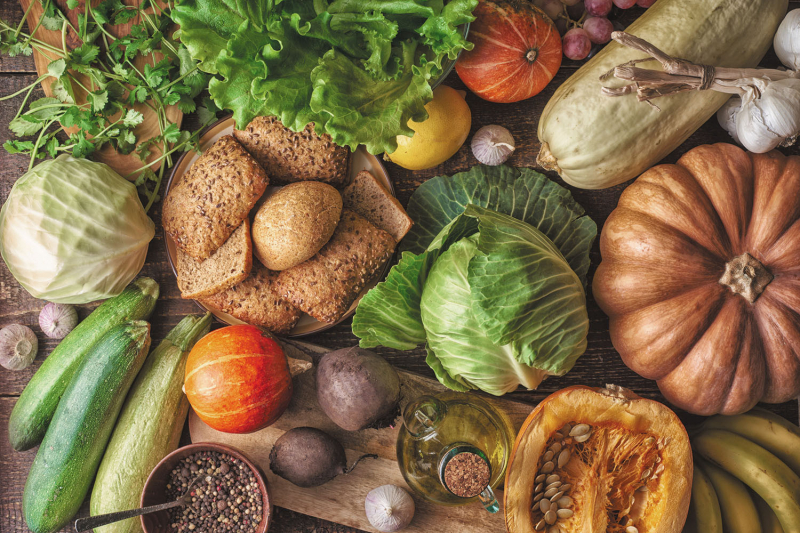
Get Plenty of Fiber 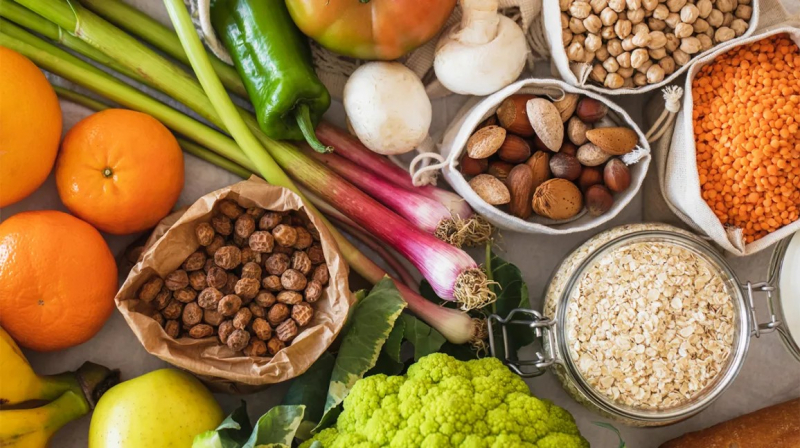
Get Plenty of Fiber -
Eating enough fat may be necessary for good digestion. Fat helps in the feeling of fullness after eating and is frequently required for proper nutrient absorption.
Omega-3 fatty acids may also lower your chance of developing inflammatory bowel conditions including ulcerative colitis, according to research. Flaxseeds, chia seeds, nuts (particularly walnuts), and fatty fish like salmon, mackerel, and sardines are foods high in beneficial omega-3 fatty acids. Monounsaturated fats are beneficial fats that can lower blood levels of harmful cholesterol, so lowering your risk of heart disease and stroke. Your cells receive nutrition from them as well as vitamin E, a vital antioxidant. Plant-based liquid oils like these are healthy to cook with: olive oil; canola oil; peanut oil or sesame oil.
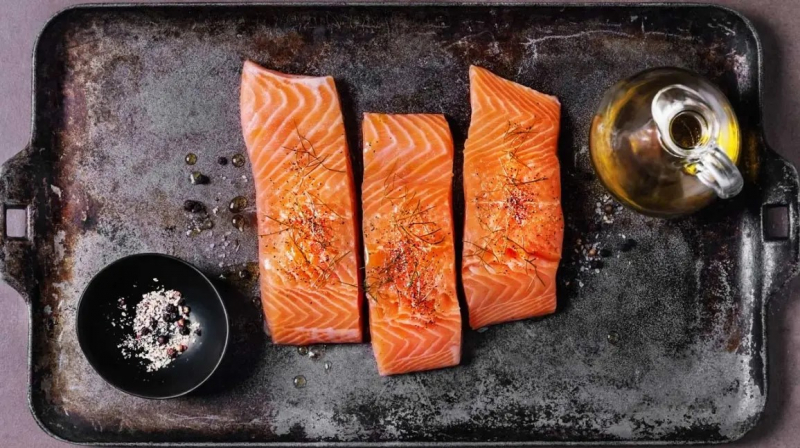
Add Healthy Fats to Your Diet 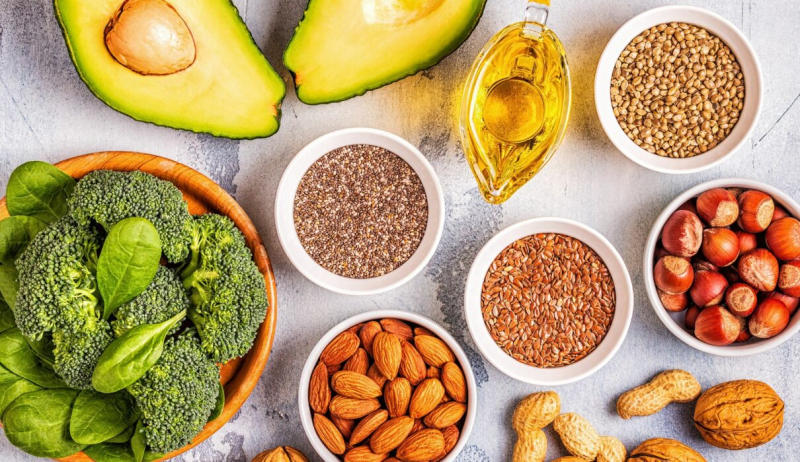
Add Healthy Fats to Your Diet -
Water is crucial for a healthy digestive system. Water helps in the digestion of the food you eat, enabling your body to absorb its nutrients. Water travels into your bloodstream after you drink and is used to digest foods.
Constipation is frequently caused by a lack of fluid intake. To avoid constipation, experts advise consuming 50-66 ounces (1.5-2 liters) of non-caffeinated liquids daily. However, if you work out frequently or live in a warm climate, you could require more. Herbal teas and other decaffeinated beverages, such as seltzer water, can also help you achieve your fluid requirements in addition to water. Including fruits and vegetables high in water, such as cucumber, zucchini, celery, tomatoes, melons, strawberries, grapefruit, and peaches, is another way to help fulfill your fluid intake needs.
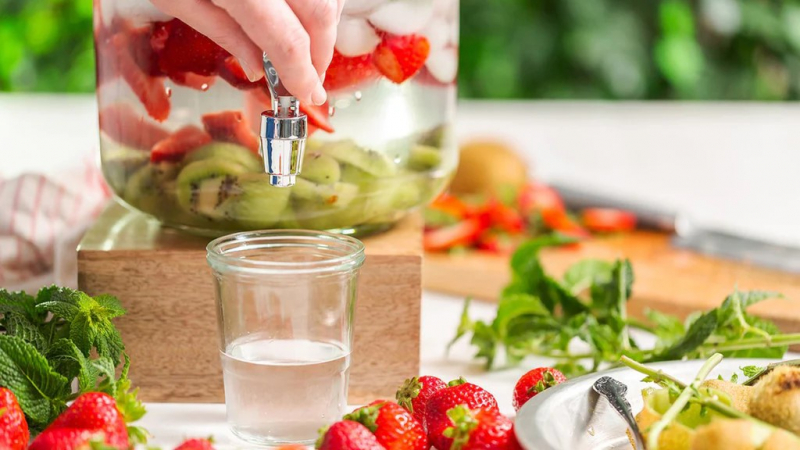
Stay Hydrated 
Stay Hydrated -
Your digestive system might suffer greatly from stress. It has been linked to IBS, diarrhea, constipation, and stomach ulcers. Your digestion is strongly impacted by stress hormones.
Your body thinks you don't have time to rest and digest when it is in fight-or-flight mode. Your digestive tract receives less blood flow and energy when you're under stress. What impacts your brain may also have an impact on how well you digest food because your stomach and brain are closely related. It has been demonstrated that stress reduction, meditation, and relaxation training can all help with IBS symptoms. According to other research, yoga, acupuncture, and cognitive behavioral therapy all reduce problems related to the digestive system. As a result, integrating stress reduction strategies like deep breathing, meditation, or yoga may help with both your mindset and digestion.

Manage Your Stress 
Manage Your Stress -
If you're not paying attention, it's simple to eat too much too quickly, which might cause indigestion, gas, and bloating.
The technique of mindful eating involves paying close attention to every aspect of your food and eating experience. According to studies, patients with IBS and ulcerative colitis may experience fewer digestive problems when practicing mindfulness.
To eat mindfully:
- Eat gradually.
- By putting your phone aside and shutting off the TV, you can concentrate on your meal.
- Take note of the appearance and smell of your food on the plate.
- Consciously choose each bite of food.
- Be mindful of the flavor, temperature, and texture of your food.
- ...

Eat Mindfully 
Eat Mindfully -
Your mouth is where digestion begins. To make food easier for your digestive system's enzymes to digest, your teeth cut it up into smaller pieces. Nutrient absorption is thought to be decreased by improper chewing.
By fully chewing your meal, you reduce the amount of effort your stomach must do to turn the solid food into the liquid mixture that goes to your small intestine. Saliva is produced when you chew, and the longer you chew, the more saliva is created. By breaking down some of the carbohydrates and lipids in your food, saliva helps at the beginning of the digestive process in your mouth. Saliva functions in your stomach as a fluid that is combined with solid food to ensure a smooth passage into your intestines. You may ensure that you have enough saliva for digestion by fully chewing your food. This might help in avoiding signs like heartburn and indigestion. Additionally, it has been demonstrated that chewing really lowers tension, which can enhance digestion.

Chew Your Food 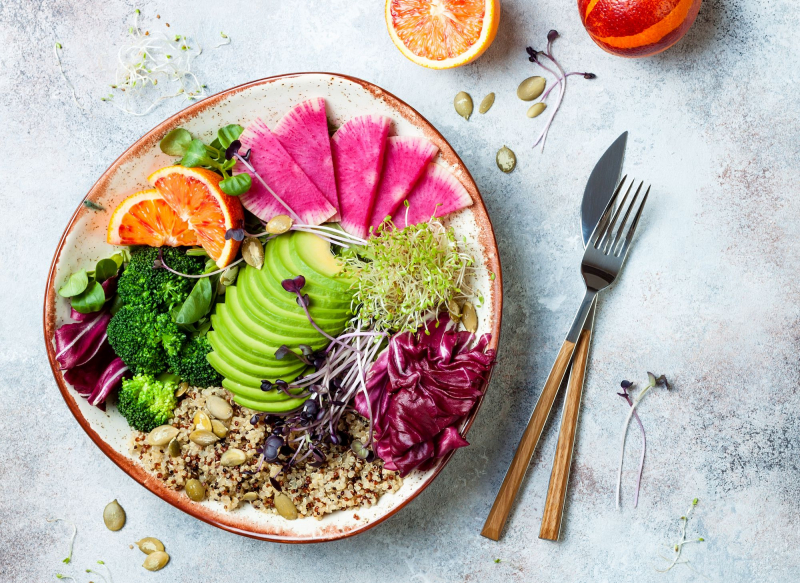
Chew Your Food -
You are aware that unhealthy behaviors like smoking, binge drinking, and eating late at night are bad for your general health. They may even be to blame for a few common stomach problems.
- Smoking: Acid reflux risk nearly doubles when a person smokes. Studies have also demonstrated that these symptoms go better after quitting smoking. This unhealthy habit has also been linked to gastrointestinal cancers. Remember that stopping smoking could help if you smoke and have stomach problems.
- Alcohol: Alcohol can cause your stomach to produce more acid, which can cause heartburn, acid reflux, and stomach ulcers. Gastrointestinal bleeding has been connected to excessive alcohol consumption. Additionally, drinking alcohol has been linked to detrimental changes in gut bacterial composition, leaky gut, and inflammatory bowel diseases. Alcohol consumption should be decreased to improve digestion.
- Late-Night Eating: Heartburn and indigestion might result from eating late-night food followed by lying down to sleep. Gravity helps keep the food you eat going in the right direction, which gives your body the time it needs to digest it. Additionally, the contents of your stomach may rise to the surface when you lie down, leading to heartburn. After eating, lying down is closely linked to an increase in reflux symptoms. Try waiting three to four hours after eating before going to bed if you have digestive problems at night so that the food can pass from your stomach to your small intestine.

Ditch Bad Habits 
Ditch Bad Habits










